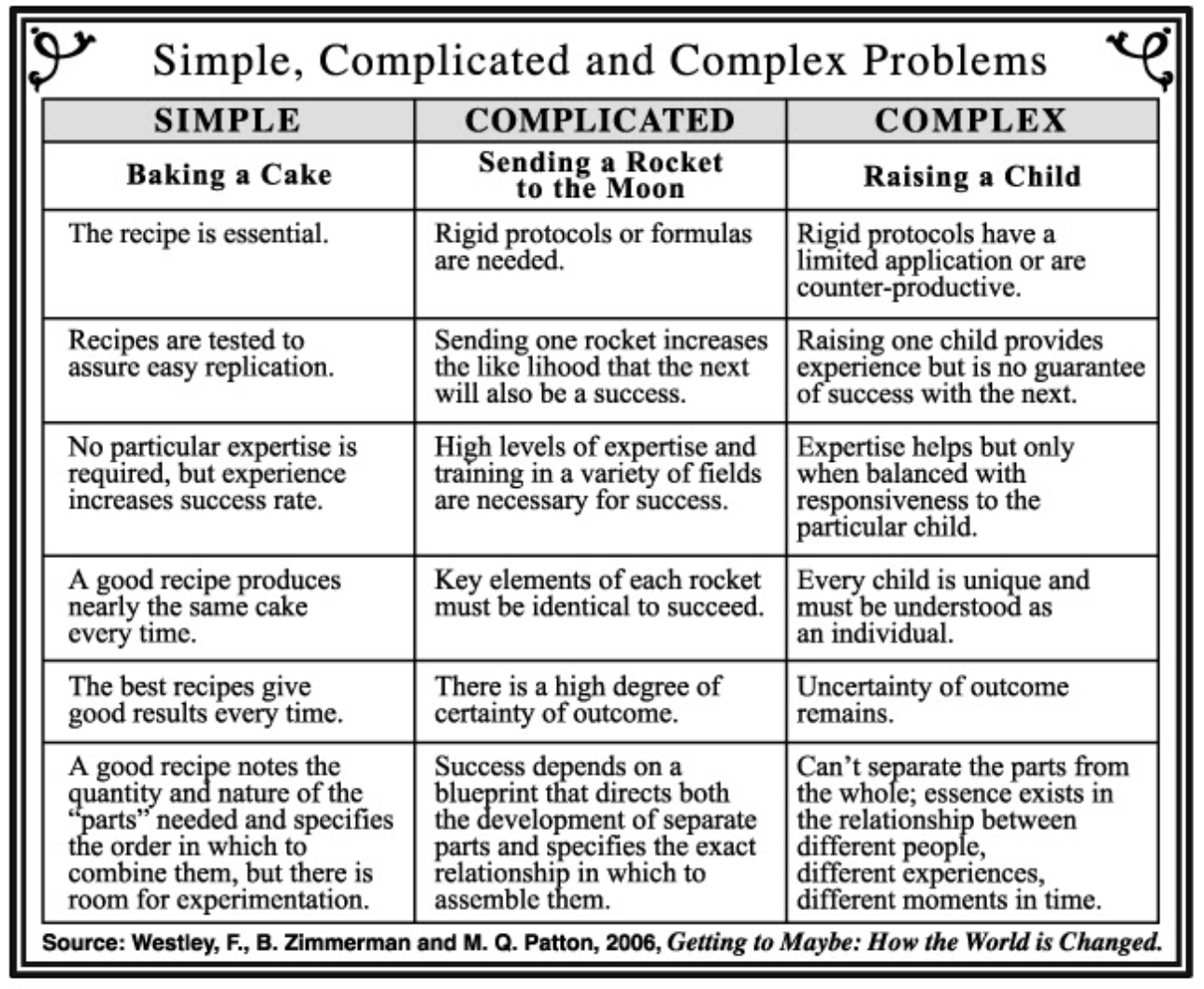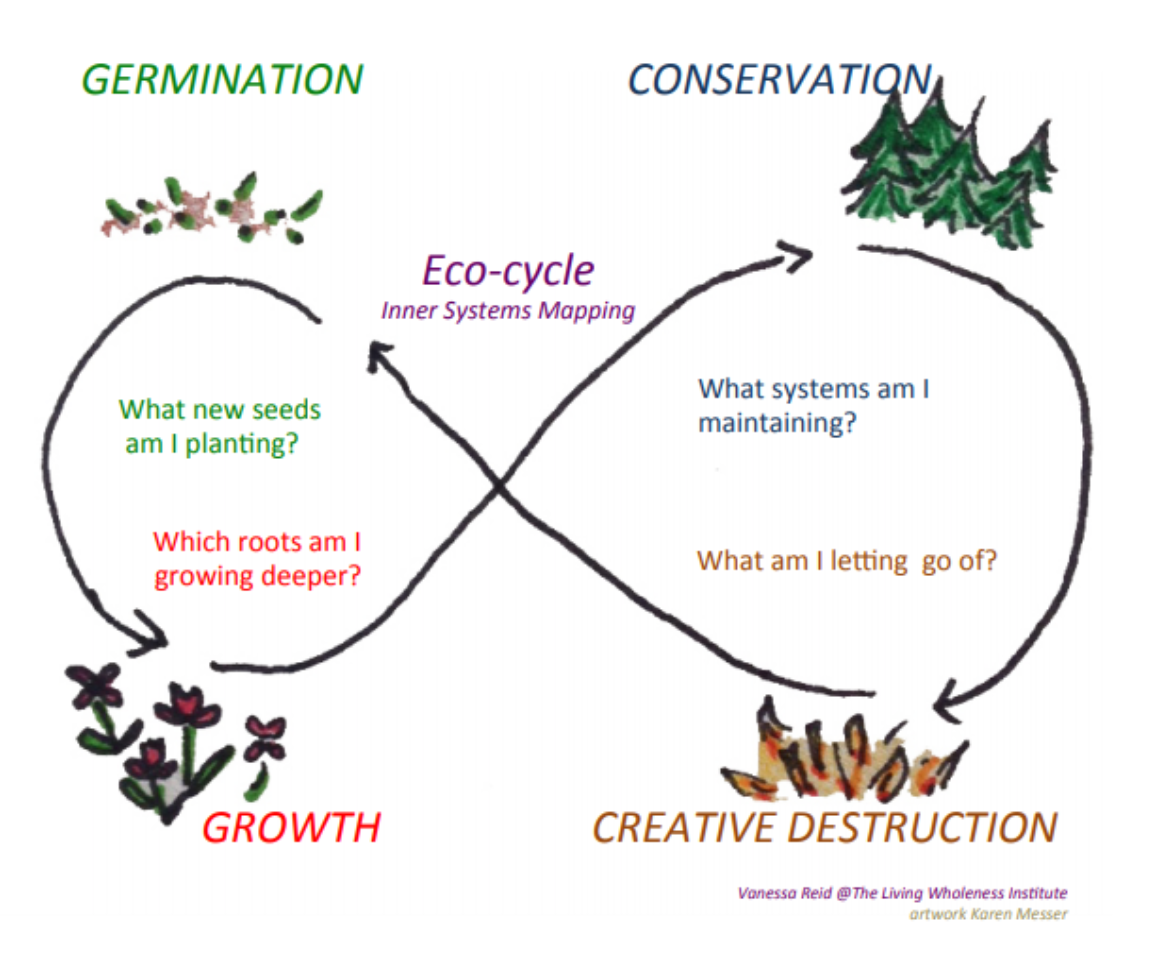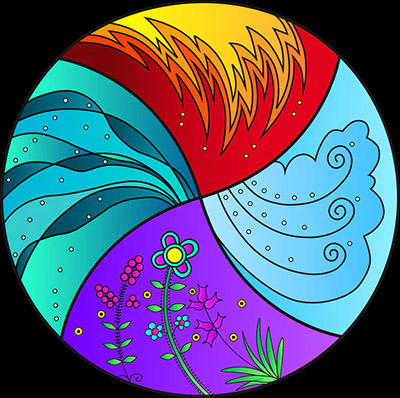
We can’t control systems or figure them out. We can dance with them! - Donella Meadows
Welcome to Systems Log, stories about collaborating for systems transformation. In this three part series, we will discuss the intersection of small and large scale social change, uncover the shared learning journey of addressing wicked problems, and reveal the why, who, what and how of systems transformation through candid interviews.

Let’s start with being honest. We are part of the problem. This can sometimes be the first hurdle in the journey - acknowledging our role in systems that are unfair, unjust and unequal. We can also be part of the solution. We must recognize that centering the lens of diversity, equity and inclusion is paramount to doing this work right now. Our goal here is to show how our Network Approach, grounded in collaboration, is an arena of being brave and working out loud towards systems transformation. This requires us having candid conversations, owning up to our mistakes, and staying accountable to our learning journey as we act at the speed of trust.
You may be asking: “What is system transformation?”, “Why does it matter?”, “Is it new or being renewed?”, “Does it come with baggage, bias, and bureaucracy?” and “What can we do with it?”. All of these questions and more will be covered in this series, starting with “What is systems transformation and why should I care?”
What is systems transformation?
Systems transformation or change is a blanket term for the large scale change required to make our society better in a myriad of ways ranging from more equitable government policies, to racial and gender equity, to addressing the increased need for environmental sustainability to name a few. The term comes with many definitions, interpretations and meanings. Here are a few that we have found useful: Social Innovation, Theory U, Indigenous, Buddhism,The Work that Reconnects and Activism. In these examples, system means culture, behaviour, relationships, structures, processes, policy and stories. This work has been well documented over the last decade in Canada. At the bottom of this article will be a list called the “rabbit hole” in case you want to dig even deeper on related resources.
Noticing patterns is a key feature of this work. Some patterns to notice across the above interpretations is the combination of inner and outer transformation of self, society and nature. The complexity of our interconnectedness makes the outcome of our work hard to predict. Sometimes we misdiagnose an issue as complicated, when it can be considered complex.

The book Getting to Maybe describes many case studies of complex systems transformation, and illustrates the distinction between simple, complicated and complex systems as shown above. Here is a quote from the book through the lens of education that highlights this distinction:
“We organize our schools to be efficient in supplying education to large numbers and largely unresponsive to the wide range of learning styles and capacities that we know exists. Then we diagnose those who cannot learn efficiently as suffering from learning disorders and attempt to treat them, not the system. This is an example of addressing apparently intractable problems, crying out for social transformation, with methods, tools, approaches and mindsets that are appropriate for complicated situations. And while at times such an approach can give us a measure of false security, inevitably it gets us into trouble.”
From this example, approaching a system as complicated, when there is complexity, misses the opportunity for transformation. It may feel like a small nuance, yet can have large ripple effects in our perspective, activities and outcomes.
Why should I care?
As a professional, entrepreneur, activist, volunteer and citizen, systems change matters because the current systems are not caring for people and our planet fairly. We hope this has become obvious for you during the triple crisis of climate, racism and COVID-19. For some, this journey will not feel new, for others this will feel renewed and many may also feel like this is a homecoming for something you have been feeling you would like to take action on and haven’t shared until now. Everyone is welcome on this journey.

The process of systems transformation balances rational, emotional, physical and spiritual wellbeing in different ways, times and contexts. This process is not new, and requires a willingness to change our minds, hearts and actions. Actually, the process is quite natural as we witness changes like dying, birthing, developing and maturing happening all around us everyday. This natural process of transformation can be represented by the Adaptive Cycle (figure right). At Pillar, we use this model to discuss our organization, evaluate our programs and to understand the systems we are dancing with.
An important teaching about life cycles comes from the forest. Some forests come to a point in their journey where they will burn. This part of the journey is required, so that the energy and resources stored in the mature trees can be released. This release creates fertile ground for new species to emerge using the unlocked energy and resources. Then a new cycle begins.
 Fire is a symbol that all our cultures connect with and has been part of our stories as long as we can remember. Fire represents transformational energy. In some cultures, fire is treated as a living being, an elder and a guide in sacred activities. We hear about fire when we discuss our climate crisis with the burning of fossil fuels, intentionally burning of our forests, etc. When we witness the outrage around racism we see fire in our passion and in our streets.
Fire is a symbol that all our cultures connect with and has been part of our stories as long as we can remember. Fire represents transformational energy. In some cultures, fire is treated as a living being, an elder and a guide in sacred activities. We hear about fire when we discuss our climate crisis with the burning of fossil fuels, intentionally burning of our forests, etc. When we witness the outrage around racism we see fire in our passion and in our streets.
We must look to the analogy of the adaptive cycle to evaluate what must begin, grow, continue and destruct in order to create a society that better supports our planet and its inhabitants. Systems transformation matters if you carry these and other fires within you, meaning you have energy to transform yourself and our surroundings.
We need mindful, heartful and intentional ways of healing, and systems transformation offers multicultural and transdisciplinary perspectives for this work. We plan on highlighting several local stories of systems work in this blog series from September - December 2020.
Rabbit hole:
- Presentation on Pillar’s Rebuild Workshop on Systems Leadership & Transformation
- Case studies and articles from Stanford Social Innovation Review
- Open educational content used in many systems leadership programs in North America
- How pandemic taught us about systems change, not through large scale activism, rather how many feet we distance ourselves from each other
- Social Innovation Canada - an emerging pan-Canadian network
- The future of systems change
- Image Source 4: Four elements teaching from Algonquin Elder Barbara Dumont-Hill
